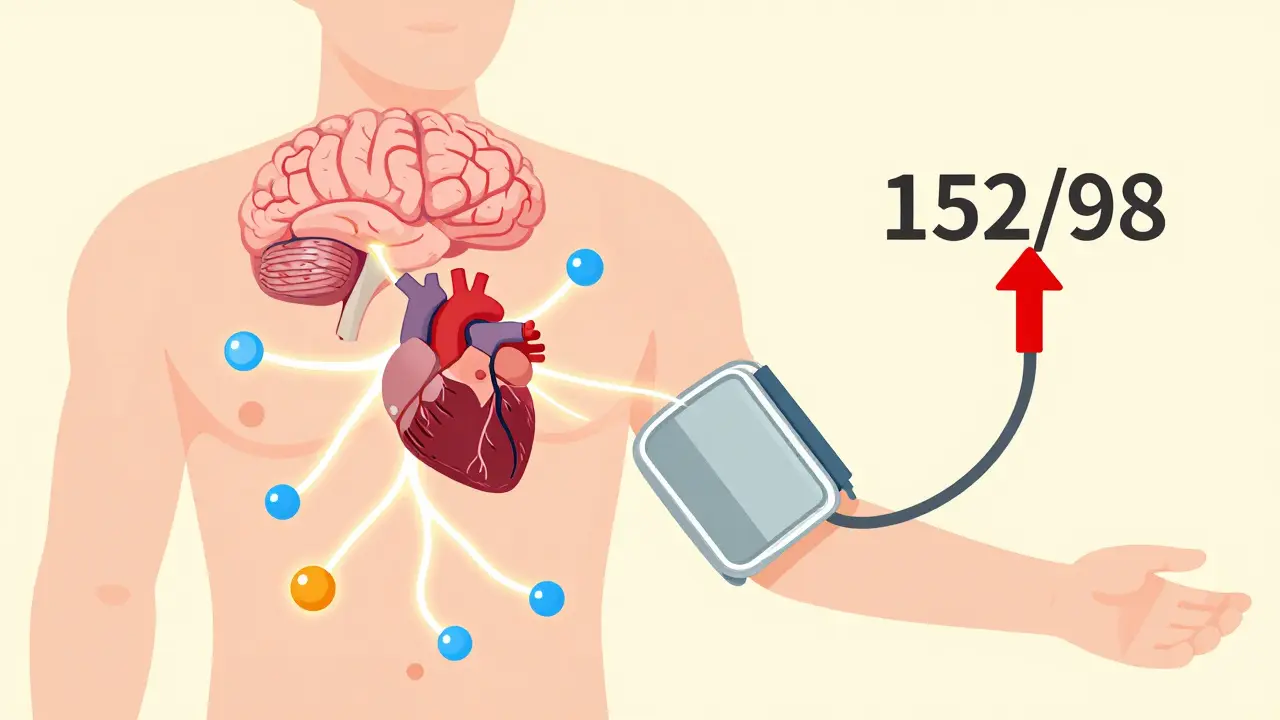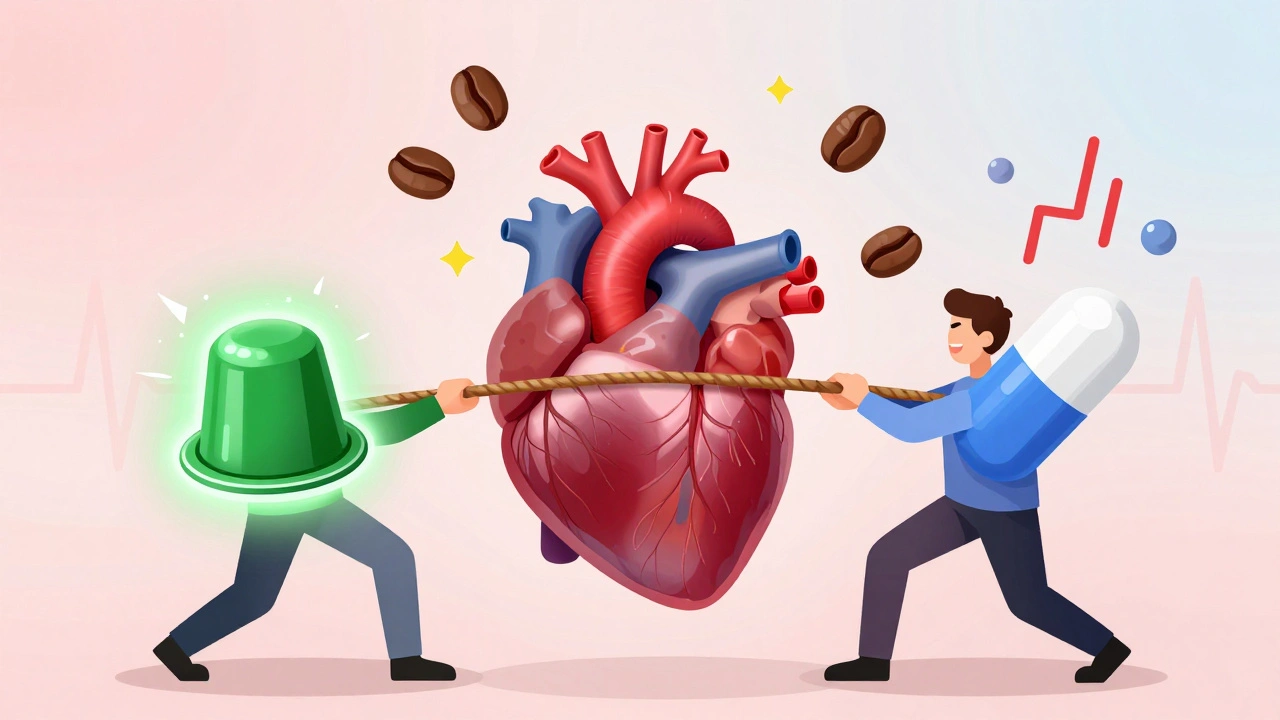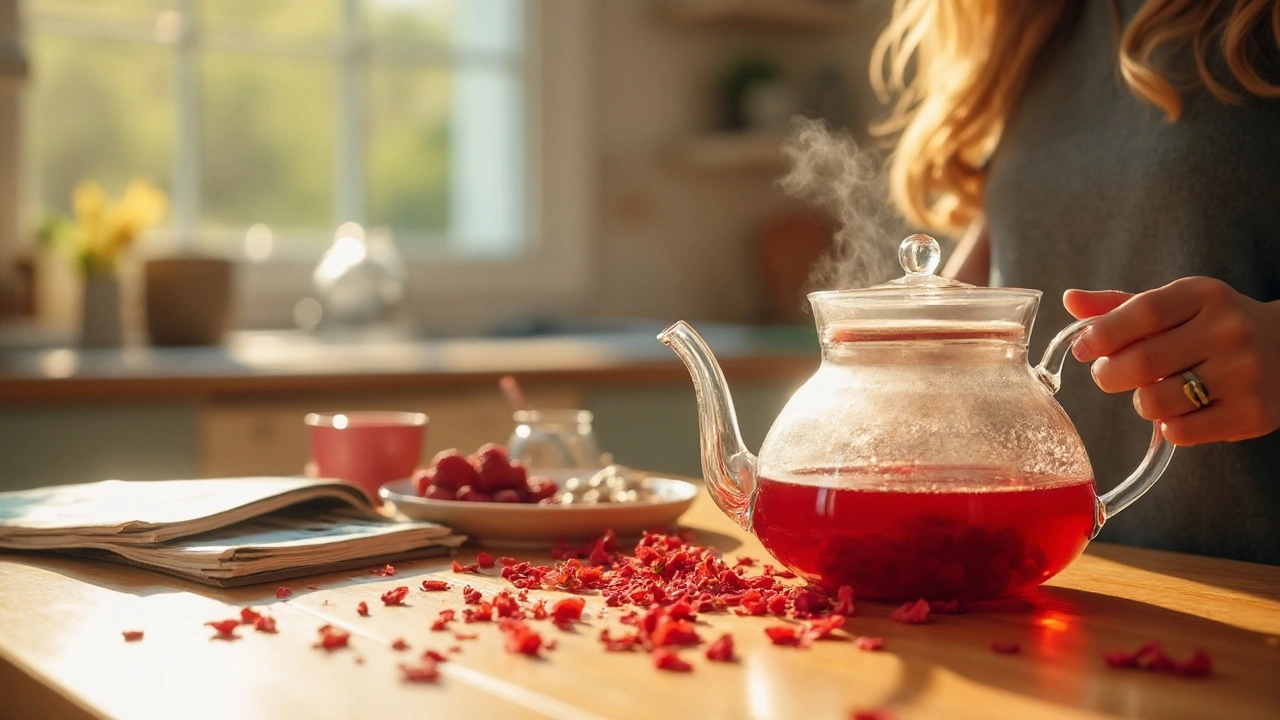Blood Pressure: What You Need to Know and Why It Matters
Blood pressure is the force your heart uses to push blood through your arteries. When the numbers stay in a healthy range, your heart and organs get the oxygen they need. If the pressure stays high for a while, it can damage blood vessels and lead to heart disease, stroke, or kidney problems. Most adults don’t realize a small change in diet or activity can shift those numbers dramatically, so keeping an eye on it is a smart daily habit.
Common Causes and Risk Factors
Several everyday things can raise your pressure without you feeling a thing. Too much salt, sugary drinks, and processed foods add extra fluid and tighten arteries. Stress spikes adrenaline, which narrows blood vessels for a short‑term jump. Lack of sleep and a sedentary lifestyle also make the heart work harder. Family history plays a role too—if a parent or sibling has hypertension, you’re more likely to develop it. Recognizing these factors helps you pinpoint where to make changes.
Practical Ways to Keep Your Blood Pressure in Check
Start with a simple diet swap: choose fresh fruits, veggies, and whole grains instead of salty snacks. Adding a handful of nuts or a dash of potassium‑rich banana can balance sodium. Get moving for at least 30 minutes most days—walking, cycling, or even dancing raises good‑night sleep and lowers pressure. Keep stress in check with breathing exercises, short meditation, or a hobby you enjoy. Finally, track your numbers at home or during doctor visits; knowing your baseline makes it easier to see progress.
Our tag page bundles all articles that touch on blood pressure or related health topics. If you’re dealing with stress‑related issues, check out the piece on "Can Stress Trigger Erosive Esophagitis?" for tips on calming the nervous system. For medication guidance, the "Benicar (Olmesartan) Uses, Dosage, Side Effects, and Safety" article breaks down a common blood‑pressure drug. Interested in lifestyle links? The "How an Allergy‑Friendly Diet Can Ease Year‑Round Allergy Symptoms" guide shows how certain foods can lower inflammation, which indirectly supports healthy blood pressure.
Bottom line: controlling blood pressure isn’t about drastic overhauls; it’s about small, consistent choices that add up. Swap one salty snack for fruit, walk a few extra minutes, and watch a short breathing video before bed. Keep track, stay aware, and use the articles on this page to dive deeper into any piece that catches your eye. Your heart will thank you, and you’ll feel the difference in everyday energy.

Venlafaxine and Blood Pressure: What You Need to Know About Hypertension Risk
Venlafaxine can raise blood pressure, especially at higher doses. Learn how it affects BP, who's at risk, and how to monitor it safely to avoid serious complications.

Green Coffee Extract and Stimulant Medications: What You Need to Know About Blood Pressure Risks
Green coffee extract may lower blood pressure, but when combined with stimulant ADHD meds like Adderall or Ritalin, it can cause dangerous fluctuations. Learn why experts warn against mixing them and what to do instead.

Energy Drinks and Stimulant Medications: Blood Pressure and Heart Risks
Energy drinks combined with stimulant medications like Adderall or Ritalin can dangerously raise blood pressure and heart rate, increasing the risk of heart attacks and arrhythmias - especially in teens and young adults.

Top 10 Reasons to Choose Hibiscus as Your Daily Supplement
Discover why hibiscus makes a powerful dietary supplement. From antioxidant power to blood pressure support, these ten reasons show how hibiscus can boost your health today.